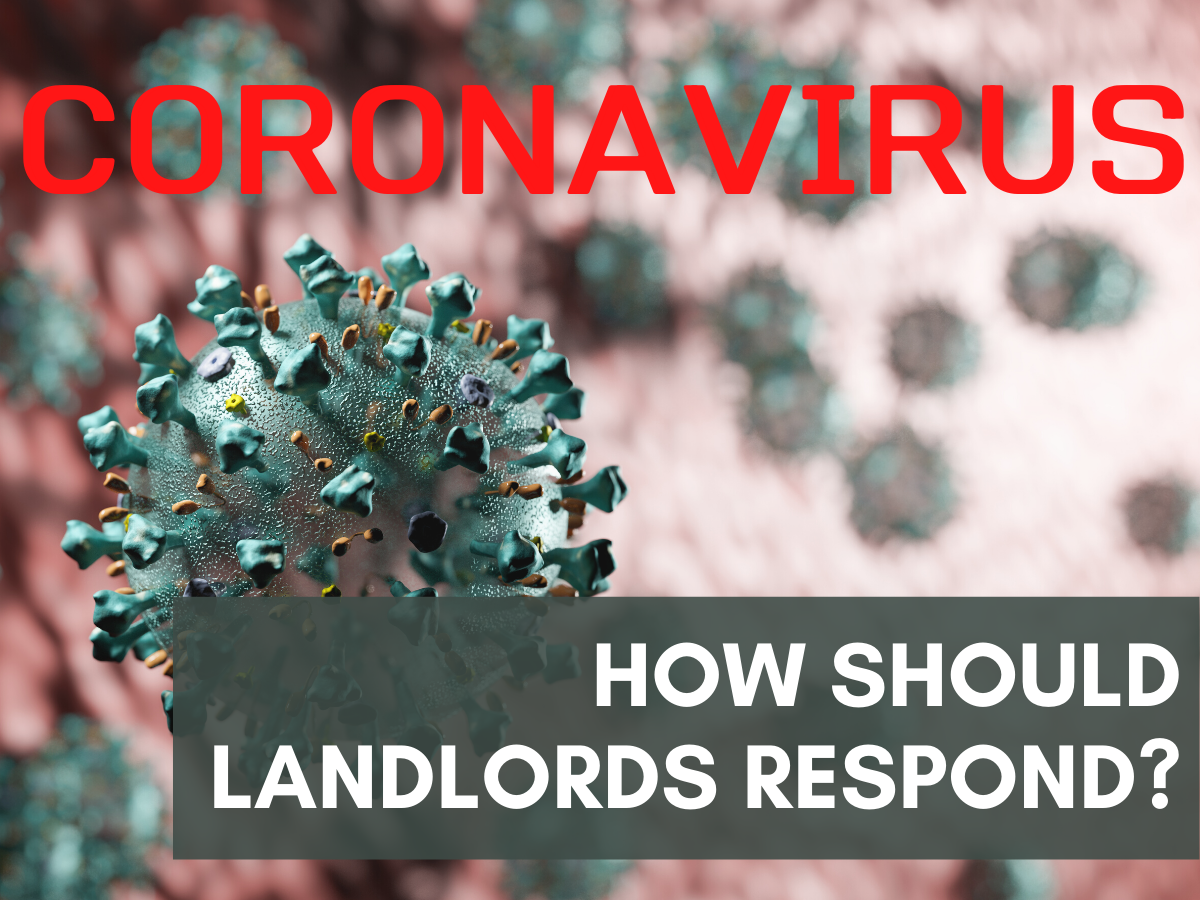Coronavirus (COVID-19): How Should Landlords Respond?
Rely on the People Who Know Science
When coronavirus has been detected in a rental unit, the first and most compelling course of action is to call local public health officials to seek guidance in how to handle it.
Ask the infected tenant to voluntarily place themselves in a hospital facility, or at a bare minimum, self-isolate themselves. For someone who exhibited symptoms or has tested positive, the most prudent course of action is to admit themselves into a medical facility. We still do not yet know, though, if the health care system can accommodate an influx of patients. In last Sunday’s press conference, New York Governor Andrew Cuomo says a serious concern for his state (and, by extension, California) is that the number of infected people can severely tax the resources of hospitals. Alternatively, a resident who tests positive for the virus can ideally self-isolate themselves in the rental unit. Asking someone to sever ties with the rest of the world, of course, is a request that is hard to swallow, but hopefully heeded. Tenants who are infected should be told that in the interest of transparency, other residents will be notified that someone in the building has tested positive; however, the name of the inflicted tenant shall remain anonymous.
Notify Other Residents That Coronavirus Has Been Detected in Their Building
You do not want to incite panic, but residents should be aware that the virus has been identified within their close quarters and that even more vigilant measures should be taken. Continued and increased education at this point is advisable. The identity of the infected tenant should not be divulged – you do not want to stigmatize them or risk a potential lawsuit for making them a pariah. California has a right to privacy provision in its Constitution that can be the basis of an extremely expensive lawsuit if the identity of a tenant (or any other person) inflicted with the Coronavirus is disclosed. While, HIPPA, along with California’s more restrictive Confidentiality of Medical Information Act (CMIA) only applies to medical providers and other “covered entities,” but you should also always maintain confidential information of tenants by never sharing such information.
Biohazard Remediation
When the novel virus (COVID-19) becomes an unwelcome guest in any of your rental units, a “deep cleaning” should be conducted. On its page regarding environmental cleaning and disinfection on a large scale, the Center for Disease Control (CDC) offers a variety of recommendations and you are urged to follow them. However, obtaining the necessary equipment and protective gear may prove to be impractical for many housing providers, especially if there are many units. It may make sense in some cases to consider outsourcing this herculean task to licensed contractors that have the necessary safety apparatus, cleaning products, and familiarity with health regulations.

